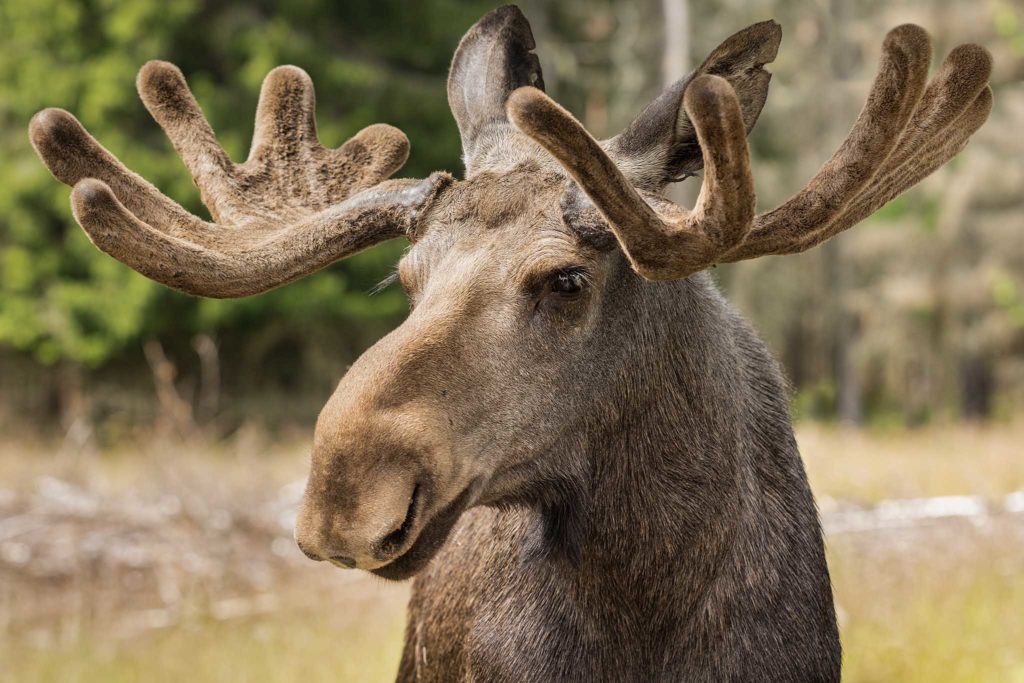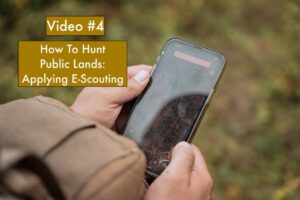
We have made great strides in our province over the last couple of weeks, standing up for conservation, protecting our vulnerable moose population, balancing Indigenous rights, all while ensuring safe hunting practices are enforced for increased public safety. The new legislation passed under Bill 29 – The Wildlife Amendment Act (Safe Hunting and Shared Management) which has established safer hunting and paves the way for one shared management plan and sustainable wildlife in Manitoba, was no small feat by our government. Passing this law was a proactive approach and a conscious decision to get ahead of the looming fact that if current trends continue our moose population may eventually become extirpated, unless all stakeholders can get behind one cooperative management plan that will benefit moose.
Back in 2011, the Manitoba government closed moose hunting in specific areas to ALL hunters (licensed, Metis and First Nations) in response to survey data showing a serious decline of moose numbers to a level that, if not protected, there is risk that they may not recover. We supported this decision, “we” meaning all invested stakeholders including First Nations, Metis, and licensed hunters. Since then, it has been a long wait to see the moose populations respond, which have increased yearly but at a much slower rate than anticipated by government biologists. It is clear now that fully opening or fully closing an area to hunting is a binary management approach that is inadequate for dealing with the many factors affecting moose survival. As it turns out, it is damn hard to be a moose in Manitoba. The cumulative effects of climate change, changing landscapes, predation, disease, ticks, increased human development in remote areas and hunting, leave moose in Manitoba facing an uphill battle. Out of all those influencers, there is one factor we can control to help sustain moose populations, and that is the moose harvest through hunting.
The one advantage moose have in Manitoba is they are a cherished species and iconic to many, there are many who have an invested interest in their survival. Moose have natural value, are a source of healthy food for all Manitoba hunters, they provide a delectable meat, and they are a traditional animal for Indigenous communities that is often celebrated with ceremonies and community feasts. Thus, the sustainability and existence of moose in our province should be a priority for all Manitobans.
First Nations and Metis have constitutional rights to hunt moose as per section 35 of the Constitution. Supreme Court cases which have interpreted these rights at a high-level have left it to the provinces to work out the specific details of how matters of conservation, safety and management would be regulated. The government’s solution to the areas currently closed for conservation is to extend the moratorium in these areas for another year and develop a shared management subcommittee consisting of all stakeholders, to assist with a management plan respectful of what the population can sustain, and the rights to harvest. This decision was in replace of the initial plan to re-open the areas with limited tags that would have been offered to local Metis and Indigenous communities directly affected by the closure. The government changed the plan to initiate a limited tag process in response to the Manitoba Metis Federation unilaterally (MMF) re-opening the Duck and Porcupine Mountain closure areas through its own tag system in violation of the closures (which again apply to all hunters), and without support from the other user groups.
Understanding that the moose population in the Ducks and the Porcupine Mountains are fragile and unable to sustain all parties going in and shooting moose without coordination and oversight, MWF fully respects the government’s decision to keep these areas closed. Our organization acknowledges and supports that Indigenous harvesters have priority rights to hunt over licensed hunters, and our intentions are by no means to infringe on those rights. We truly just want to see moose around in 10 years, for the use and enjoyment of all Manitobans. We also want to see licensed hunters given the opportunity to fill a tag again in these areas, even if our tag ratio is significantly less than what is allocated to Indigenous hunters. As third, fourth and fifth generation hunters and gatherers, hunting for food and tradition is also part of licensed hunters’ history as Manitobans.
All that said, we want to address this issue for what it is. This is not a dispute around rights or race. We understand that MMF’s moose tag draw will not wipe out the moose population in the Porcupine and Duck Mountains. This is a dispute around one stakeholder (MMF) going against government recommendations, working against a shared management approach, and setting a precedent for all other parties to do the same – harvesting moose in closure areas where populations cannot sustain full harvest rates. If all parties follow suit, these actions will cause destruction to the marginal improvements we have seen in moose numbers over nearly a decade, it will create division between all parties involved, and it will create extreme animosity for the local people around the Duck and Porcupine Mountains who are most affected and should have first rights to harvest moose out of those areas. It is obvious that not all Metis harvesters are standing behind David Chartrand’s leadership on this decision. He certainly does not speak for all the Metis people and we have had many Metis people reach out to us in frustration and disagreement with the decision made by the MMF. Out of respect for the moose, we hope the Metis individuals who are drawn for tags put rights and race aside and make their own decisions as independent and ethical hunters to send the tags back to Chartrand unnotched.
Getting back to the solution, Bill 29 gives Manitoba the authority to execute a shared management plan. This starts with the establishment of a shared management committee that will consist of licensed and rights-based harvesters, in addition to local outfitters and landowners. It will use the available data to provide recommendations towards conservation and management of wildlife in specific areas so that sustainable harvest levels are achieved. This approach will allow for flexibility that our current open or closed approach does not allow, which will benefit all stakeholders and put the long-term sustainability of the moose as the priority.
Shared management is the last chance for the existence of moose in Manitoba. It is our chance to work collaboratively on the only thing that really matters– the protection and sustainability of Manitoba’s threatened moose population. Race and rights will not matter when the last moose is shot. Now is the time for all Manitobans to pull together as hunters and gatherers, as invested stakeholders, as people who want our grandchildren enjoy moose in the woods and marshes, be able to serve moose for dinner or continue to learn from elders and knowledge keepers about moose hunting traditions that have blessed communities for decades. No one wants to shoot the last moose, so let’s support this process and find one management plan that will give our moose population the best chance of survival, long-term sustainability, and ultimately give all Manitobans the opportunity to cherish and benefit from this species for many years to come.

